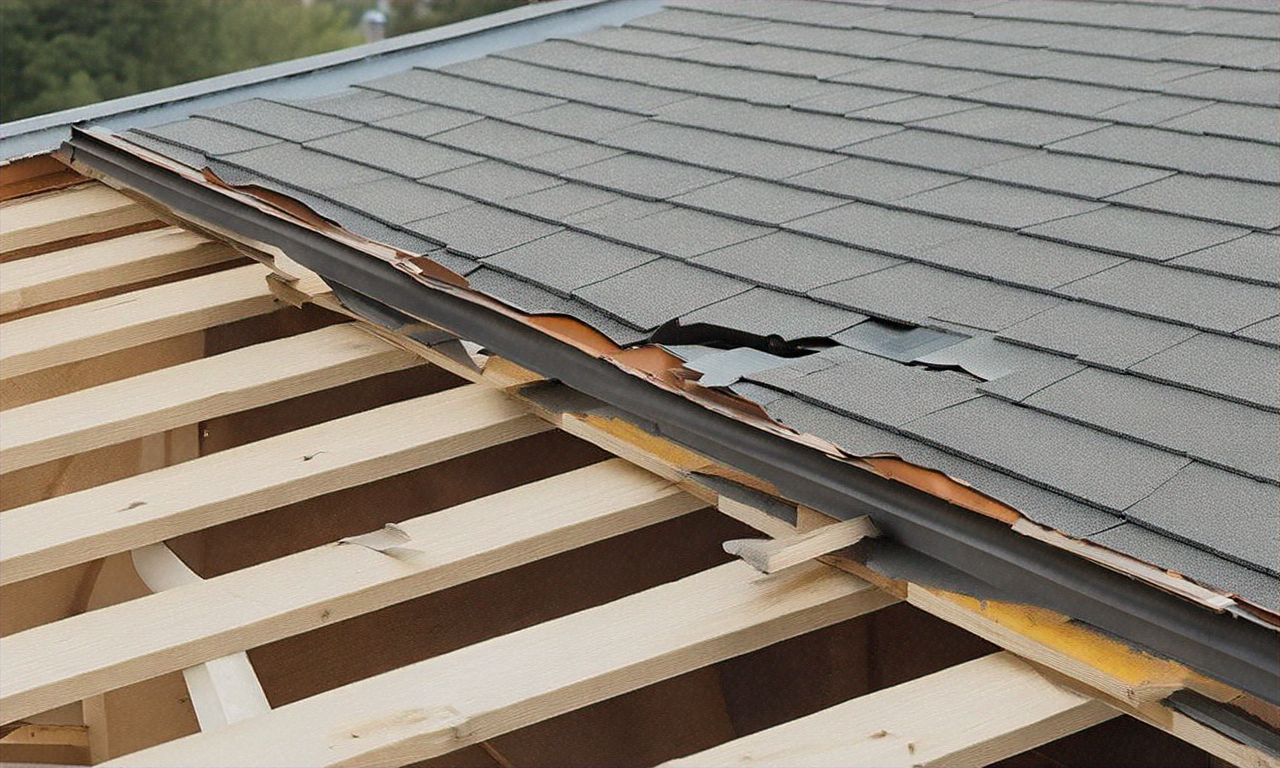A Complete Guide to Roofing Services: Types, When to Hire Experts, and Costs
Your roof is more than just the top layer of your home—it's a crucial component that protects everything beneath it. Understanding roofing services is essential for every homeowner, whether you're building a new house, replacing an aging roof, or addressing damage after severe weather. This comprehensive guide explores different roofing types, when professional help becomes necessary, and what you can expect to pay for expert roofing services.

What Are the Different Types of Roofs Available Today?
Roofing systems vary widely in materials, design, and functionality. Asphalt shingles remain the most popular choice in North America, accounting for approximately 70-80% of residential roofs due to their affordability and relatively simple installation. Metal roofing has gained significant popularity, offering durability with lifespans of 40-70 years compared to asphalt’s 15-30 years. Clay and concrete tiles provide distinctive aesthetic appeal and excellent durability but require substantial structural support due to their weight. Slate roofing stands as perhaps the most durable option, with potential lifespans exceeding 100 years, though it comes with premium costs. For flat or low-slope applications, options like built-up roofing (BUR), modified bitumen, and newer single-ply membranes like TPO (Thermoplastic Olefin) and EPDM (ethylene propylene diene monomer) provide reliable protection against water infiltration.
When Should You Hire a Professional Roofing Expert?
Professional roofing assistance becomes necessary in several scenarios. After severe weather events like hailstorms, high winds, or hurricanes, even if damage isn’t immediately visible, experts can identify subtle issues that could develop into major problems. Age-related deterioration warrants professional assessment—most asphalt shingle roofs require replacement after 15-25 years. Visible signs of trouble such as missing or damaged shingles, sagging areas, water stains on ceilings or walls, or granules accumulating in gutters all indicate the need for expert evaluation. For any new construction or complete roof replacement, professional installation ensures proper techniques and material handling. Even seemingly minor leaks should prompt professional inspection, as they often indicate larger underlying problems that can lead to structural damage, mold growth, and insulation degradation if not properly addressed.
How Much Do Professional Roofing Services Typically Cost?
Roofing costs vary significantly based on multiple factors. Roof size naturally affects material quantities and labor time, with the average American home needing approximately 1,700-2,100 square feet of roofing. Material choice creates substantial price differences—basic asphalt shingles may cost $1.50-$5.50 per square foot installed, while premium materials like slate can range from $9-$20+ per square foot. Roof complexity, including pitch, number of facets, and architectural features like dormers and skylights, increases labor requirements and costs. Geographic location impacts pricing through regional labor rates, building codes, and climate considerations. The scope of work—whether simple repairs, partial replacement, or complete tear-offs—dramatically affects the overall project cost.
| Roofing Service | National Average Cost Range | Factors Affecting Price |
|---|---|---|
| Asphalt Shingle Roof Replacement | $5,700 - $12,000 | Home size, shingle quality, removal costs |
| Metal Roof Installation | $10,000 - $20,000 | Metal type, profile complexity, home size |
| Clay/Concrete Tile Roof | $15,000 - $45,000 | Tile quality, structural reinforcement needs |
| Slate Roof Installation | $20,000 - $60,000+ | Slate quality, home size, structural requirements |
| Roof Repairs | $300 - $1,500 | Damage extent, material type, accessibility |
| Roof Inspection | $150 - $400 | Home size, inspection detail, report requirements |
Prices, rates, or cost estimates mentioned in this article are based on the latest available information but may change over time. Independent research is advised before making financial decisions.
What Services Do Professional Roofers Typically Offer?
Professional roofing companies provide comprehensive services beyond simple installations. Initial consultations and inspections evaluate your current roof’s condition or help determine the best options for new construction. Expert roofers handle leak detection using specialized equipment and techniques to identify water entry points that may not be obvious. Complete roof replacements involve tear-off of existing materials, deck repair or replacement as needed, and installation of new roofing systems including appropriate underlayment and flashing. Emergency repair services address urgent situations like storm damage to prevent further property damage. Preventative maintenance programs can extend roof lifespan through regular inspections, minor repairs, and cleaning. Many companies now offer energy efficiency upgrades such as improved insulation, reflective roofing materials, or proper ventilation systems that can significantly reduce heating and cooling costs.
What Are the Warning Signs That Your Roof Needs Professional Attention?
Several indicators suggest your roof requires expert assessment. Age is perhaps the most reliable predictor—roofs approaching or exceeding their expected lifespan warrant professional evaluation regardless of apparent condition. Visible shingle damage such as curling, cracking, or missing pieces compromises water resistance. Granule loss, visible as accumulation in gutters or bare spots on shingles, indicates deterioration of protective layers. Interior warning signs include water stains on ceilings or walls, mold growth in attics, or unusual increases in energy bills suggesting compromised insulation due to moisture infiltration. Sagging areas on the roof surface indicate potential structural issues with decking or supports beneath. After extreme weather events, professional inspection is advisable even without obvious damage, as hail impacts and wind stress can create vulnerabilities that lead to problems months later.
How Can You Choose the Right Roofing Professional for Your Needs?
Selecting a qualified roofing contractor involves several important considerations. Verify proper licensing appropriate for your location, as requirements vary by state and sometimes by municipality. Confirm adequate insurance coverage, including both liability insurance and workers’ compensation, to protect yourself from potential liability. Established local companies with physical offices in your community generally offer more reliability and accountability than temporary or traveling contractors. Review credentials such as manufacturer certifications, which indicate specialized training with specific roofing systems. Examine the warranty offerings—reputable contractors typically provide labor warranties beyond manufacturer material guarantees. Request and contact references from recent customers with similar projects. Obtain detailed written estimates from multiple contractors for comparison, ensuring they specify materials, labor, timeframes, payment schedules, and clean-up provisions.
The roof protecting your home deserves careful attention and professional expertise when needed. By understanding the different types of roofing systems, recognizing when professional help is warranted, and having realistic expectations about costs, you can make informed decisions that enhance your home’s protection and value for years to come.




